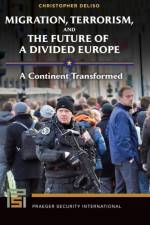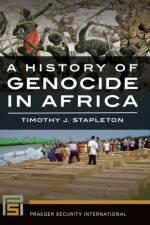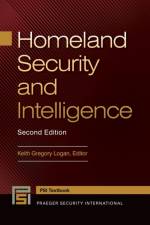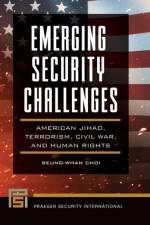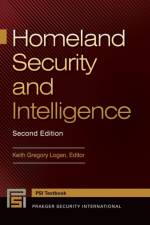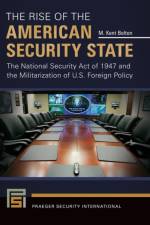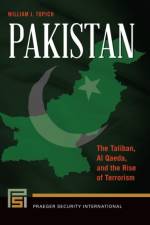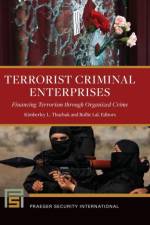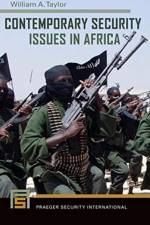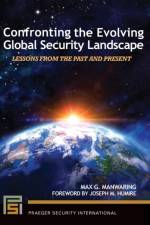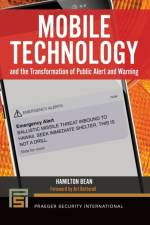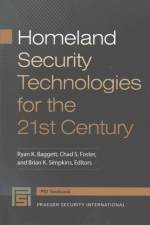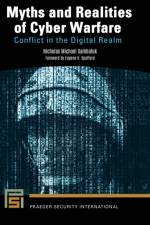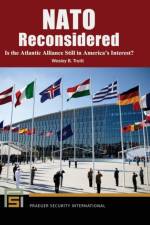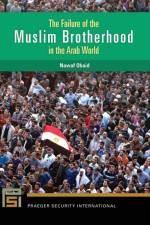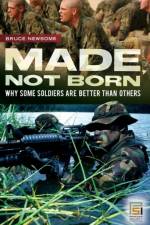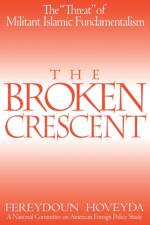- A Continent Transformed
av Christopher (Independent author) Deliso
1 261
A fundamental resource for anyone interested in the long-term ramifications of the European migration crisis, this book objectively assesses how Europe's future course will be impacted by the key security, political, and economic trends and events stemming from the migration crisis.The November 13, 2015 Paris terrorist attacks marked the definitive moment when the migration crisis became associated with terrorism, stoking an increasingly heated debate over the perceived dangers of migration, Islam, and extremist politics in Europe. The sudden emergence of migration as the mobilizing factor for European security, political discourse, and socio-economic realities has profoundly affected Europe's contrasting perceptions of its own identity and values, precipitating an increasingly global response to tackling migration challenges in Europe and worldwide. Migration, Terrorism, and the Future of a Divided Europe: A Continent Transformed chronicles the turbulent events of the 2015-2016 migration crisis, creating a context in which future political, economic, social, and security trends in Europe can be understood. The study also examines in detail the deep history of the ideological origins and histories of treaties and policies that have defined the European Union and its guidance of the crisis. Readers will gain insight into the origins, factual realities, and projected ramifications for the continent's future security, politics, and socio-economic identity; the impact of media coverage on public perception; the differing policies and rhetoric of rival right- and left-wing parties in Europe; and the new security threats arising from a widened terrorist threat matrix that will comprise new targets, methods, and logistics. Finally, the book outlines the larger policy actions and trends expected, on the global level, towards handling future migration crises, and explains how this will have an impact on Europe.This important new work is the cumulative result of author Chris Deliso's extensive academic background in European history and thought; his on-the-ground presence in the target region before, during, and after the crisis; and his interviews with security officials, diplomatic figures, and practitioners directly involved with shaping the policies that were visible during the crisis. Offering a broad historical context, the text portrays the current crisis within the context of a much longer institutional and ideological divide that has existed in Europe and shaped policies for almost a century.



